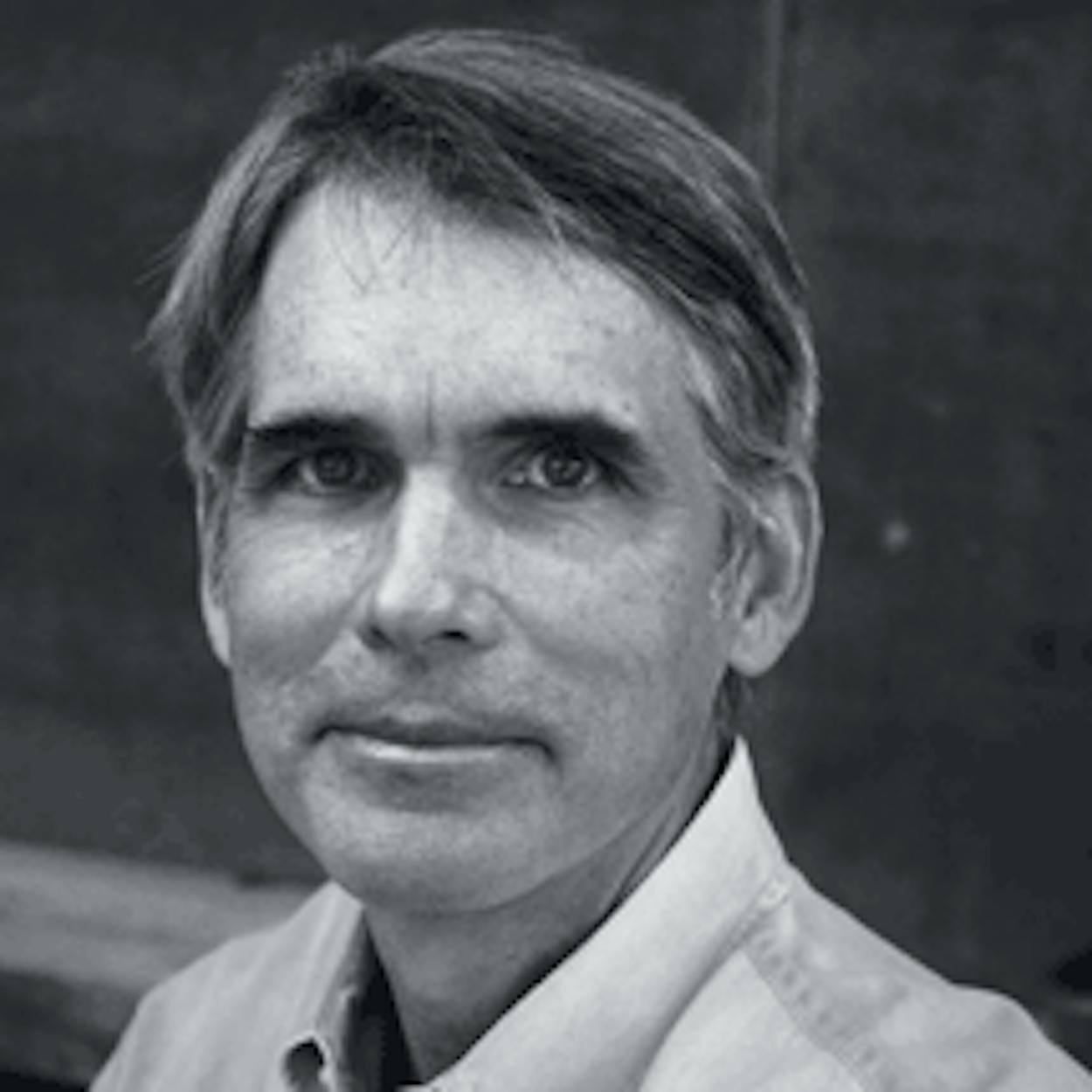In The Big Sort, the Austin political blogger and Pulitzer finalist for editorial writing addresses America’s tendency to segment itself into tiny, like-minded groups (a phenomenon he calls “clustering”).
How did the “big sort” notion come to be, and what does it signify?
[Sociologist] Robert Cushing and I began exploring why some places produced technology and patents while others seemed to stagnate. We found that the country was sorting: The places where educated people moved got richer; the places where young people moved produced more patents; basic beliefs varied place to place. The sort was cultural, economic, and political. What surprised us was that we live in a time of incredible choice in where and how to live, and yet we were constructing increasingly isolated lives. I think it signifies a retreat from our country’s early democratic promise, that diversity is an asset if we can find a way to talk to each other and listen.
What cluster does Bill Bishop belong to?
When I went to the polls in 2006, I took pictures for a Web site that was collecting photos of American precincts. I snapped some shots of a brown Lab with voters in the background, then asked the owner the dog’s name. “Che,” she said. When a dog chosen at random at a polling place is named for a Marxist revolutionary, odds are that the precinct skews blue. Houghton Mifflin, $25 (Read the full interview.)







